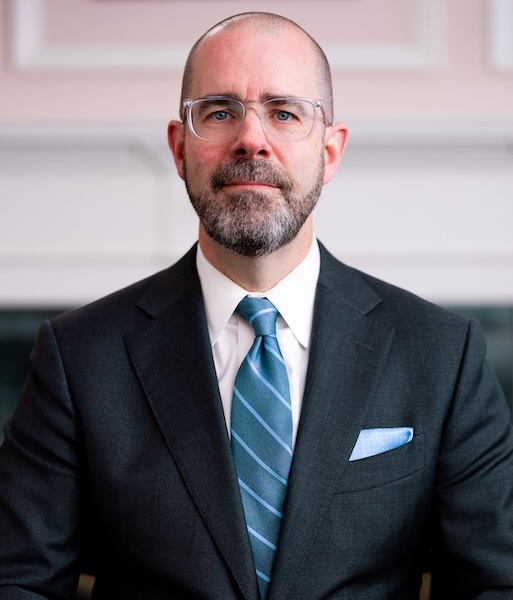Over the past quarter century—starting with the implementation of the 1998 International Religious Freedom Act and the 2001 Executive Order establishing a White House faith engagement office—the U.S. government foreign affairs and national security agencies have intentionally worked towards building greater systematic capacity to promote religious freedom around the world and to partner with religious actors to better achieve U.S. objectives in diplomacy, development, and humanitarian aid.
As a new U.S. administration takes office—one that has relied heavily on the political support of certain segments of the American religious landscape—this series will reflect on the track record of religious engagement in U.S. foreign policy and discuss what might come next. While early actions signal an emphasis on religion (such as reinstating a White House Faith Office and advocating for religious minorities abroad) other policies, like cuts to U.S. foreign assistance, have negatively impacted faith-based organizations engaged in global humanitarian and development work.
The Berkley Forum asks: What lessons can be drawn from the approaches of past U.S. administrations to religious freedom promotion and engagement with faith-based actors? What challenges and opportunities lie ahead for religious engagement in U.S. foreign policy?
To explore these questions, the Berkley Forum has invited leading experts from across the political spectrum specializing in the promotion of religious freedom internationally and partnerships with faith actors.
Editor’s Note: This series is ongoing and will continue to be updated as additional submissions are received.





